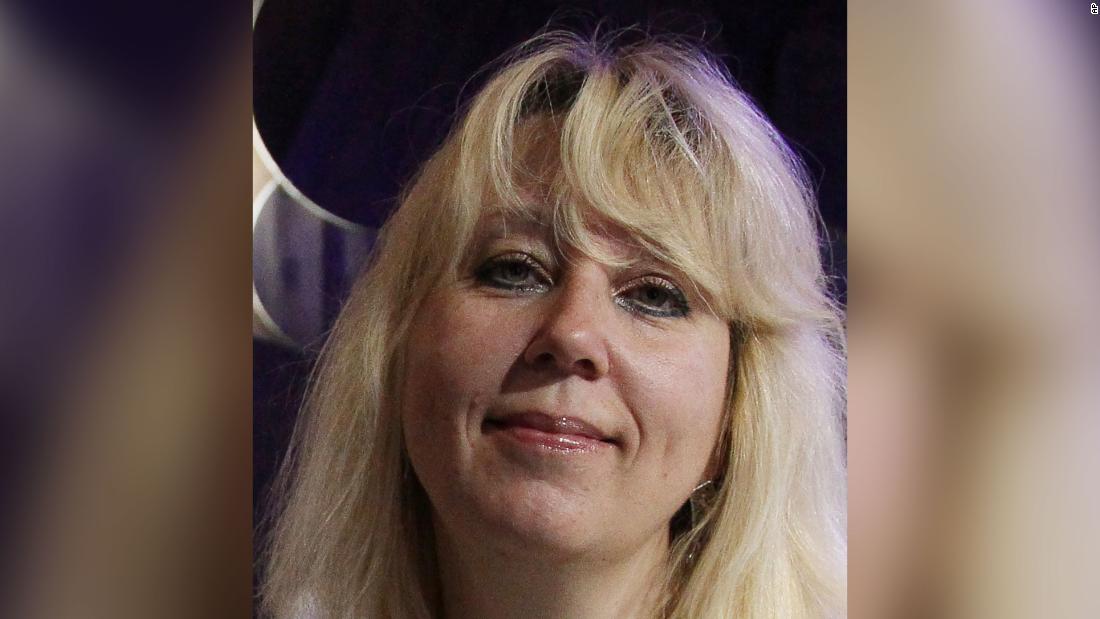Asked during a regular call with reporters on Tuesday whether he considered use of searches as “a problem,” Kremlin spokesman Dmitry Peskov said “If we talk about it as a trend — no, there is no trend.”
“If we talk about individual cases, it is necessary to consider each one [separately],” he added.
Irina Slavina — whose real name was Irina Murakhtaeva — died after setting herself on fire last week outside the regional department of the interior ministry in the city of Nizhny Novgorod, 400 kilometers (248 miles) east of Moscow.
In a Facebook post on October 1, the day before her death, Slavina said her apartment had been raided.
According to Peskov, the Kremlin has no information on the circumstances around Slavina’s apartment being searched. “I simply do not have information about what was the reason for the search – why, how,” he said.
Slavina’s lawyer Evgeny Gubin told CNN after her death that she had been feeling the strain of a number of lawsuits filed against her, guessing that she had been “put on edge” by the “reports, court hearings, huge fines for what she didn’t do.”
Calls grow for investigation
On Tuesday, an independent Russian organisation, the Trade Union of Journalists and Media Workers, published an open letter calling for an investigation into “the cruel crime of driving Irina Slavina to suicide.”
“We demand to immediately investigate the self-immolation of Irina Slavina and punish those responsible for driving the journalist to suicide,” said the statement that was addressed to the Interior Ministry, the Investigative Committee and the Prosecutor’s Office of Russia.
Asked about the Journalists’ Union appeal, Peskov replied “unfortunately we haven’t seen it.”
The EU’s lead spokesperson for foreign affairs and security policy, Peter Stano, has also called for an investigation, saying Monday that Slavina’s death “needs to be thoroughly investigated also in light of pressures exerted on her for her work & activities,” in a post on Twitter.
Russia last year introduced a series of internet and media laws that drew concerns from activists around potential censorship and surveillance.
The new laws allowed authorities to jail or fine those who spread fake news or “disrespect” government officials online, and mandated the creation of an independent national internet, which critics warned could make it easier for the government to block access to politically sensitive content.
CNN’s Sharon Braithwaite and Niamh Kennedy contributed to this report.

